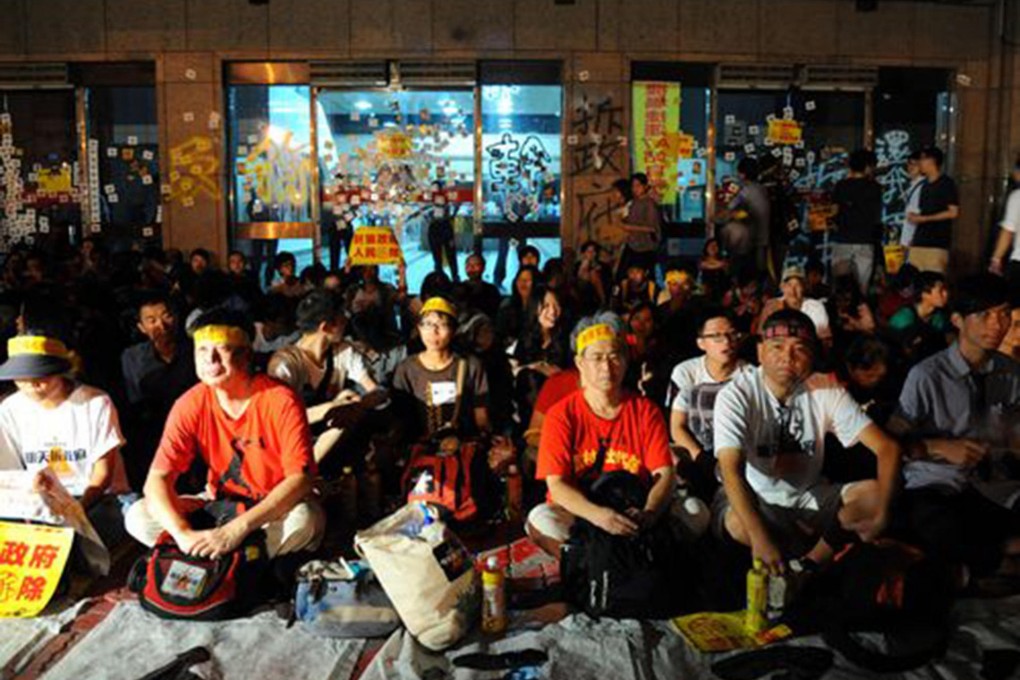Opinion | In Dapu protests, the ring of the familiar
Rally by four families, whose homes will be torn down to make way for a science park, capped a difficult month for the Ma administration

Four families who are fervently resisting efforts by a town government to demolish their homes to make way for a science park south of Taipei are at the heart of the latest political storm to break over the administration of Taiwanese President Ma Ying-jeou.
The chain of anti-government protests is a symptom either of the government's lack of ability to handle populist causes or its failure to heed the public's voice.
Joined by hundreds of activists, the families of the four threatened residences in Dapu, a town in Miaoli county, blocked a government building on August 18 for more than 20 hours, in what they dubbed their "tear-down the government" protest. They surrounded the Interior Ministry building, daubed graffiti, blocked two main gateways to the building and unfurled slogans reading: "They tore down Dapu today, we tear down the government tomorrow."
The protesters ignored police orders to move on. Even though the organiser had not obtained approval for the demonstration, police took no action to remove the protesters, even when the actions made it difficult for ministry employees to go to work on Monday morning.
The rally followed an order issued by the Miaoli county government to demolish the four residences while their owners were taking part in an earlier protest in front of Ma's office, on July 18. They demanded that the government not tear their homes down and called for an amendment to the law governing the use of farmland for industrial development.
The protest drew criticism from some local news media and also legislators from the ruling Kuomintang who accused the Ma administration of doing nothing to prevent the activists "seizing" the office.
They also attacked the Ma government for tolerating the activists under the guise of respecting democratic rights, saying that in a true democratic system, while the rights of all individuals must be upheld, it is the interests of the majority that should take priority.